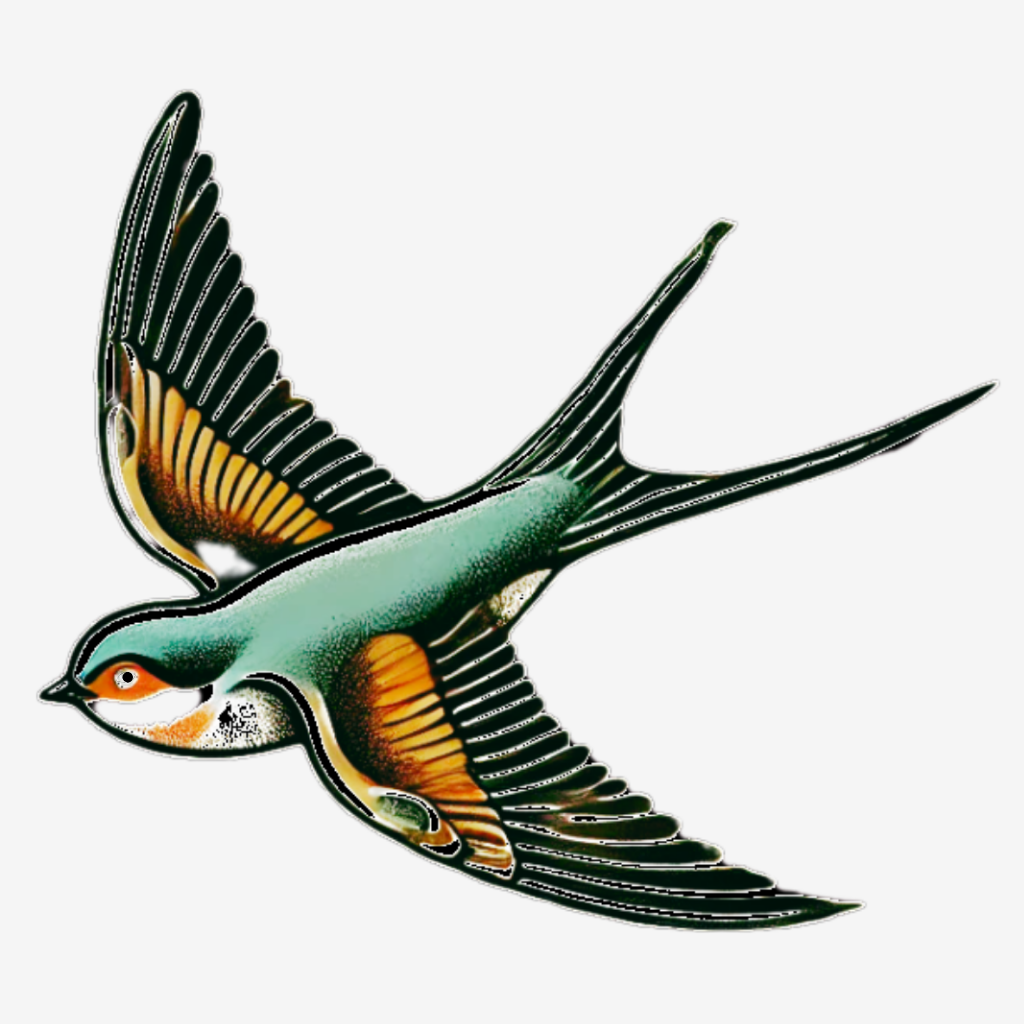About | Activities | News | Advocacy and Policy | Resources | Contact
ABOUT
Voices for Change
Music and Volunteering for a Decolonial Environmental and Social Justice Agenda
Voices for Change empowers the International Voluntary Service (IVS) movement through music, storytelling, and advocacy. It connects grassroots activism with institutional advocacy, ensuring that local realities inform global decision-making through a decolonial approach to social and climate justice.
Project Overview
The “Voices for Change” project aims to strengthen the International Voluntary Service (IVS) movement by developing new partnerships, integrating volunteer actions and connecting with the International Music Council to address global environmental and social justice challenges. This project focuses on amplifying marginalised voices, fostering inclusion and diversity, and advocating for policy change through participatory processes. It seeks to revolutionise the perception of IVS, emphasising to young people that it entails more than just participating in a volunteer project – it is also about the life-changing experience of volunteering.
The activities include capacity building, knowledge exchange, hands-on community actions, and advocacy. Voices for Change will culminate in a “Change Capsule” comprising a Song, Videos, Policy Proposals, and an Advocacy Strategy, all underpinned by Impact Measurement. The project underscores the imperative of global solutions to global challenges, rejecting limiting regional approaches and affirming the right of people worldwide to contribute to EU and UN policymaking for a decolonised environmental and social justice agenda.


Partners involved
Voices for Change is a project coordinated by the Coordinating Committee for International Voluntary Service (CCIVS), based in France, in partnership with the International Music Council (France), GSM-Youth Services Centerit (Turkey), Cantieri Giovani (Italy), Kenia Voluntary Service (Kenya), South Africa Workcamps Association (South Africa), Legambiente (Italy), Field Services and Inter-Cultural Learning (India), ESTYES (Estonia), INEX (Czech Republic), Fundación Proyecto Ecológico Chiriboga (Ecuador), and the Palestinian Center for Media, Research and Development (Palestine).
It is co-funded by the Erasmus+ programme of the European Union
Co-funded by the European Union. Views and opinions expressed are however those of the author(s) only and do not necessarily reflect those of the European Union. Neither the European Union nor the granting authority can be held responsible for them.





